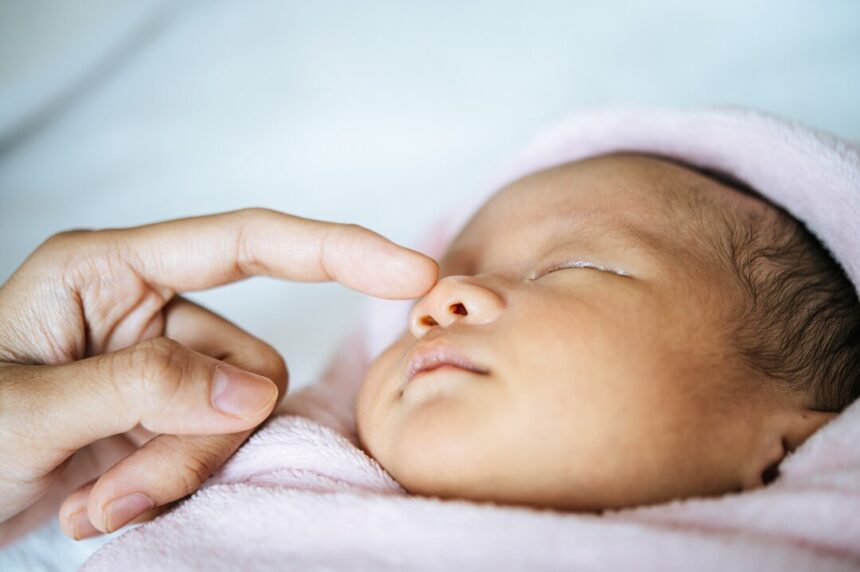Neonatal jaundice, a common condition in newborns, occurs when there is an accumulation of bilirubin in the blood, resulting in a yellowish discoloration of the skin and eyes. While often harmless, severe jaundice can pose risks to a baby’s health if left untreated. Recognizing the signs and seeking appropriate medical attention is crucial for ensuring the well-being of newborns. Here are some important signs to watch for:
- Yellowing of the Skin and Eyes (Jaundice): The most obvious sign of neonatal jaundice is a yellowish tint to the skin and the whites of the eyes. This yellowing typically starts on the face and then progresses downward to the chest, abdomen, and limbs.
- Changes in Feeding Patterns: Babies with jaundice may exhibit changes in feeding patterns, including decreased appetite or difficulty breastfeeding. This can be due to lethargy or weakness caused by the condition.
- Lethargy and Irritability: Jaundiced newborns may appear unusually sleepy, with decreased responsiveness to stimuli, or they may be irritable and fussy, displaying signs of discomfort.
- High-Pitched Crying: Some babies with jaundice may have a high-pitched cry, which can be a sign of distress or discomfort associated with the condition.
- Poor Weight Gain: Babies who are not feeding well due to jaundice may experience poor weight gain or even weight loss, which can be concerning for their overall health and development.
- Pale Stools and Dark Urine: The stool of a jaundiced baby may appear pale or clay-colored, while their urine may be dark yellow or brownish in color. These changes in bowel and bladder habits are a result of the excess bilirubin being excreted from the body.
- Unusual Behavior: In severe cases of jaundice, newborns may exhibit unusual behavior such as arching of the back or a stiffening of the body, which could indicate neurological complications associated with high levels of bilirubin.
- Difficulty Waking for Feeds: Jaundiced babies may have difficulty waking up for feeds, leading to longer intervals between feedings than usual. This can exacerbate the condition and make it harder for the baby to eliminate excess bilirubin from their system.
It’s important for parents and caregivers to be vigilant and monitor newborns for these signs of jaundice, especially in the first few days after birth when bilirubin levels are most likely to rise. If any of these symptoms are observed, it is essential to seek medical attention promptly. In many cases, jaundice can be effectively managed with phototherapy or other treatments prescribed by a healthcare provider. Early detection and intervention are key to ensuring the health and well-being of newborns affected by neonatal jaundice.










